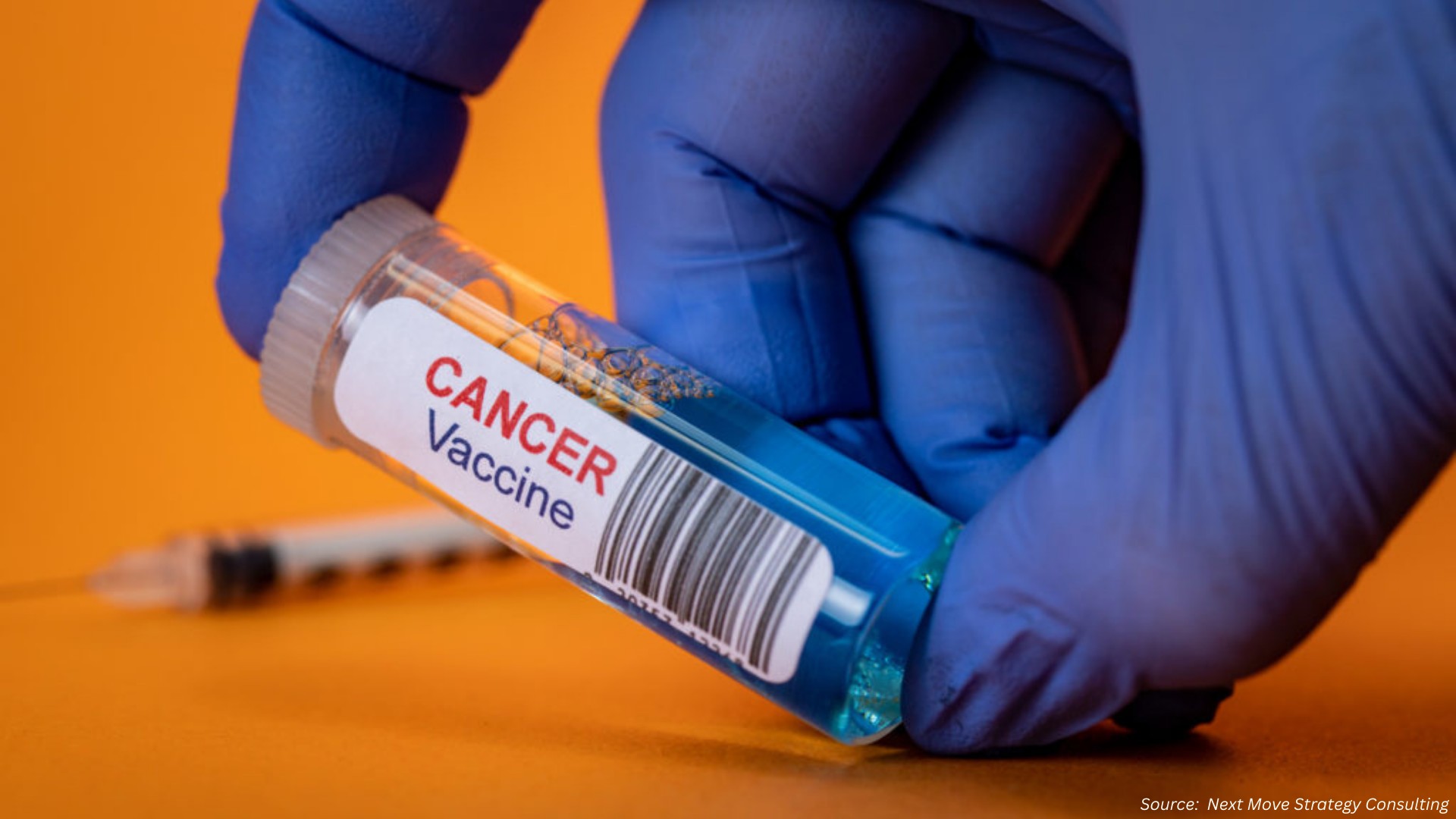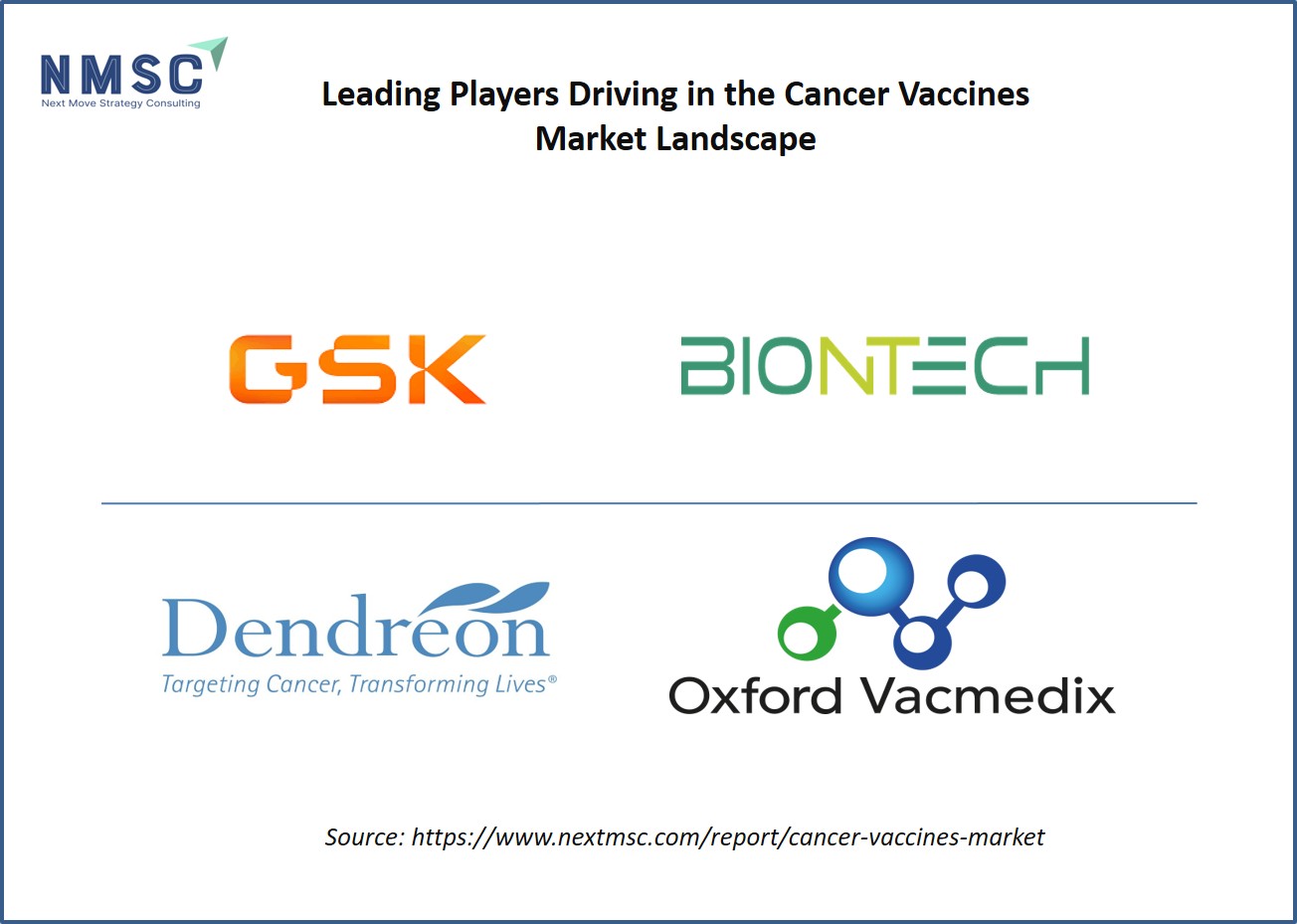Cancer Vaccines: Transforming Prevention and Saving Lives Through HPV Vaccination
Published: 2025-09-25

Cancer vaccines represent one of the most significant breakthroughs in preventive medicine, offering hope for eliminating certain cancers entirely. Unlike traditional vaccines that prevent infectious diseases, cancer vaccines work by training the immune system to recognize and destroy cancer-causing agents before they can develop into malignancies.
The most successful example of cancer vaccination is the Human Papillomavirus (HPV) vaccine, which prevents cervical cancer—a disease that claims the life of a woman every two minutes globally. Recent developments in 2025 have shown unprecedented progress in making these life-saving vaccines accessible worldwide.
What Are Cancer Vaccines and How Do They Work?
Vaccination against human papillomavirus (HPV)—the leading cause of cervical cancer—can prevent the vast majority of cases.
According to the report by Next Move Strategy Consulting, the Cancer Vaccine Market is predicted to reach USD 125.53 billion by 2030, with a CAGR of 14.08% from 2024 to 2030.
By preventing HPV infection, these vaccines provide a path to elimination when combined with screening and treatment. The HPV vaccine averts 17.4 deaths for every 1000 girls vaccinated.
Leading Companies in the Cancer Vaccine Market: Who Are They and What Are Their Strategies?
The cancer vaccine market is populated by several key players, including GlaxoSmithKline plc, UbiVac, Inc., Biontech, Dendreon Pharmaceuticals, Inc., Dynavax Technologies Corporation, Merck & Co., Inc., Imugene Limited, Moderna, Inc., Northwest Biotherapeutics, Inc., and Oxford Vacmedix. These companies are actively working to maintain their strong position in the market by pursuing a range of business strategies.
Global Progress in HPV Vaccination: Recent Breakthroughs
The Promise of Cancer Prevention
In 2018, the World Health Organization issued a global call to eliminate cervical cancer, and recent commitments made at the 2nd Global Cervical Cancer Elimination Forum in Bali, Indonesia, show this call is being answered. This is a critical effort, as cervical cancer still claims a woman's life every two minutes, with 94% of these deaths occurring in low- and middle-income countries.
The Path to Prevention
Vaccination against human papillomavirus (HPV), which is the leading cause of cervical cancer, can prevent a vast majority of cases. The source notes that this vaccine can avert 17.4 deaths for every 1,000 girls vaccinated. When vaccination is combined with screening and treatment for precancerous lesions, it provides a clear path to elimination.
Global Progress and Key Achievements
|
Category |
Progress / Achievement |
|
Global Single-Dose Adoption |
75 countries globally have adopted the single-dose HPV vaccine, expanding access to more girls and reducing costs. |
|
Africa Vaccination Coverage |
Coverage increased from 28% in 2022 to 40% in 2023, making Africa the region with the second-highest rate globally. |
|
Low-Income Countries Introduction |
As of 2024, 46% of low-income countries have introduced HPV vaccination nationally. |
|
High-Income Countries Introduction |
98% of high-income countries have introduced HPV vaccination nationally. |
Country Commitments and Strategies
At the forum, governments demonstrated strong political commitment to cervical cancer elimination.
-
Indonesia is accelerating its national HPV vaccination program and strengthening early detection efforts to reduce deaths.
-
Papua New Guinea has committed to eliminating cervical cancer and plans to introduce the HPV vaccine nationally in 2026.
Challenges and Solutions
Despite progress, significant challenges remain. Less than 5% of women in many low- and middle-income countries receive screening due to health system limitations, cost barriers, and logistical issues.
Innovative solutions are helping to overcome these barriers:
-
Gavi, the Vaccine Alliance, is leading market-shaping efforts to improve vaccine supply.
The Role of Global Partnerships
Sustained international efforts are critical for the success of these programs. Donors are urged to fully fund Gavi, which aims to vaccinate an additional 120 million girls between 2026-2030, potentially saving 1.5 million lives. Dr. Tedros Adhanom Ghebreyesus, WHO Director-General, emphasized that equity must be at the heart of the elimination strategy.
Conclusion: A Future Free from Preventable Cancer
The Bali Forum was issued, urging countries to strengthen collective action and align with global commitments to make cervical cancer the first cancer to be eliminated. This progress shows that with political will and collaboration, the world can prevent the estimated rise in annual deaths from this disease.
About the Author
 Nitrishna Sonowal is a skilled SEO Executive and Content Writer with over 3 years of experience in the digital marketing industry. With a deep understanding of the ever-evolving digital landscape, she blends analytical insights with creative storytelling to deliver impactful digital solutions. She creates content that resonates with both clients and readers alike. Outside of work, she enjoys dancing, baking, and traveling to new places.
Nitrishna Sonowal is a skilled SEO Executive and Content Writer with over 3 years of experience in the digital marketing industry. With a deep understanding of the ever-evolving digital landscape, she blends analytical insights with creative storytelling to deliver impactful digital solutions. She creates content that resonates with both clients and readers alike. Outside of work, she enjoys dancing, baking, and traveling to new places.
About the Reviewer
 Debashree Dey is a skilled Content Writer, PR Specialist, and Assistant Manager with expertise in digital marketing. She creates impactful, data-driven campaigns and audience-focused content to boost brand visibility. Passionate about creativity, she also draws inspiration from design and innovative projects.
Debashree Dey is a skilled Content Writer, PR Specialist, and Assistant Manager with expertise in digital marketing. She creates impactful, data-driven campaigns and audience-focused content to boost brand visibility. Passionate about creativity, she also draws inspiration from design and innovative projects.

















Add Comment